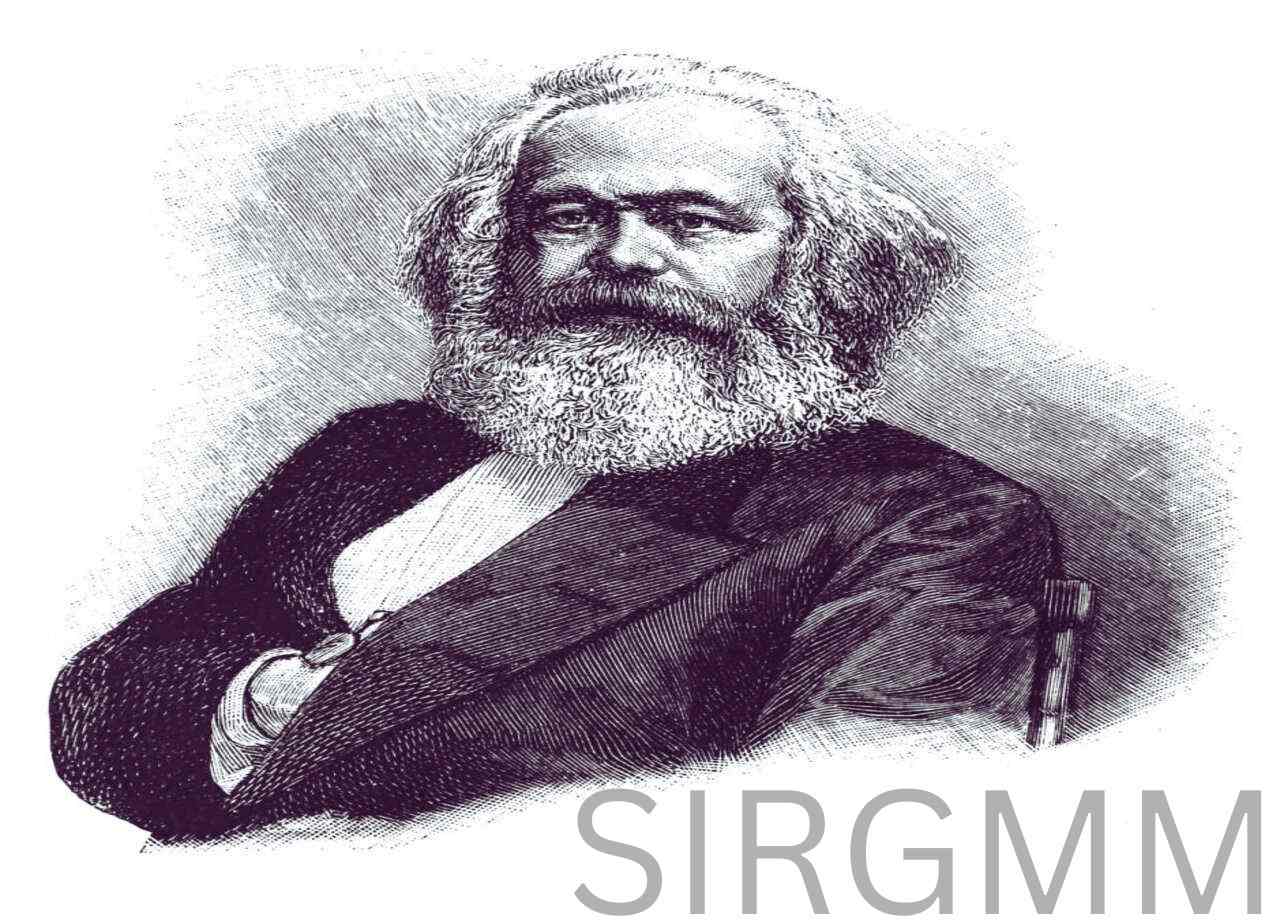Karl Marx's Desperate Desire to Bring Revolution to Germany during the 1848 Revolutions
On January 1848, a rebellion erupted on the Italian island of Sicily that engulfed the whole of Europe. Next month, French King Louis Philippe I was overthrown and a people’s government replaced him. Demonstrations for democratic reforms began in other countries including the United Kingdom.
European people were waving their national flags, fighting the army, and setting fire to the symbols of Royalty. In this situation, Marx desperately wanted to return to his native Germany, Prussia, and bring revolution there. Because Germany also had a revolutionary atmosphere. People were clashing with the army in Berlin.
The city of Munich had also become a hotbed for the revolutionaries. The rulers of the most powerful German state, Prussia, were also under extreme pressure. The rulers also held elections and formed a national assembly to cool down public anger. But this assembly was only made to draft the constitution. It had no government powers.
Marx's Attempt to Spark a Revolution in Germany Amidst the 1848 European Uprising
The assembly started drafting a constitution for a free and united Germany. But the assembly had no government authority whatsoever. Germany was divided into many states in 1848. This new common parliament was an attempt to unite Germany as a country. Marx liked this atmosphere in Germany. The French revolutionary government was also inviting Marx to visit Paris.
But something happened before his departure for Paris. The Belgian government decided to deport the foreign revolutionary leaders to calm down the public in its country. Marx was imprisoned along with his wife for 2 days. Then the whole family was sent to France under heavy police escort. When Marx arrived in France he found a different environment there.
The flags of the revolution were everywhere in Paris. The sight made him happy. Now he wanted to quickly move to Germany to create the same environment there. But the German society was not ready for a communist revolution. So Marx decided to go to Germany by himself to bring a revolution there.
Karl Marx's Compromise: The Demands of the Communist Party in Germany
Marx planned a democratic revolution not a communist revolution to avoid resistance from the rich class. Marx altered his Communist Manifesto and renamed it “The Demands of the Communist Party in Germany”. These demands included the establishment of a State Bank and the improvement of the income tax system. This charter even allowed limited inheritance rights to appease the rich.
The charter didn’t demand the nationalization of agricultural land. The charter only demanded confiscation of the lands of certain princes. These demands were made with the bourgeoisie in mind and not the communist revolution. Marx wanted to gain the support of both the German capitalists and the working class. So he compromised for a while on the strict philosophy of communism.


2 thoughts on “Who was Karl Marx | Part 12”